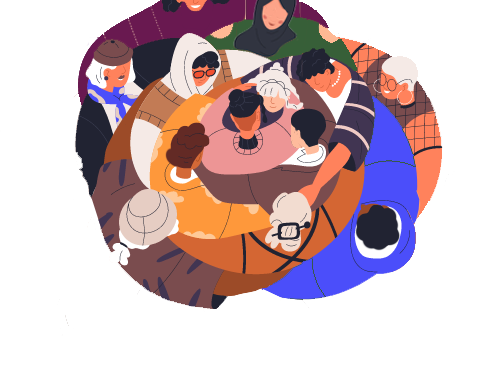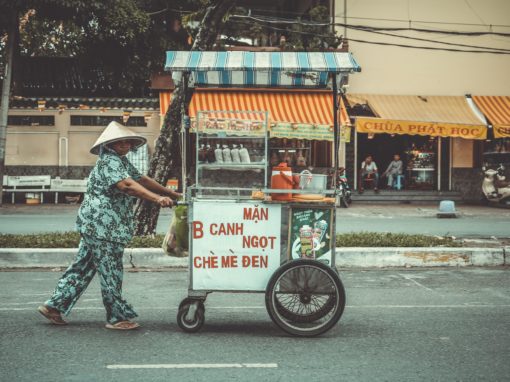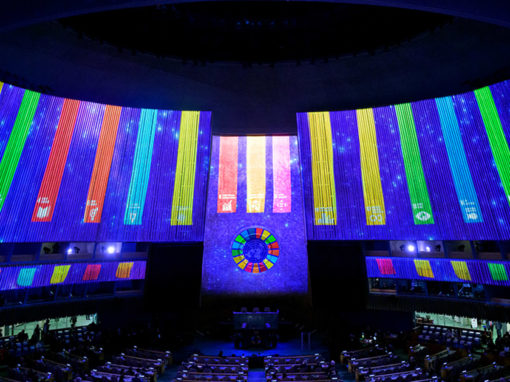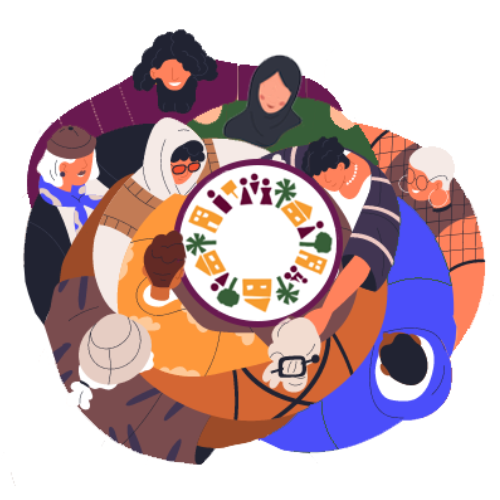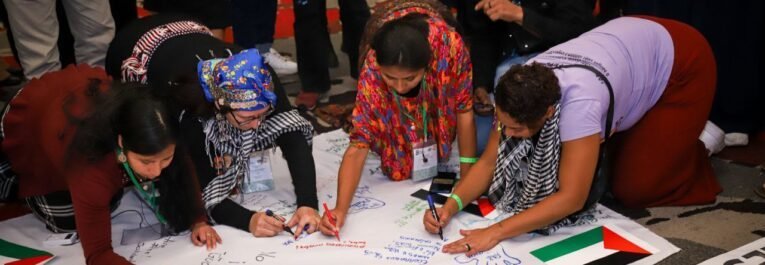Résumé
Col·lectiuPunt 6[i], une organisation basée à Barcelone, explique de manière simple ce qu’est l’urbanisme féministe. Nous vous invitons à visionner la vidéo ci-dessous (en espagnol), ou à vous familiariser avec les idées et concepts qui y sont développés, que nous avons retranscris ci-après.
Voir la vidéo ici.
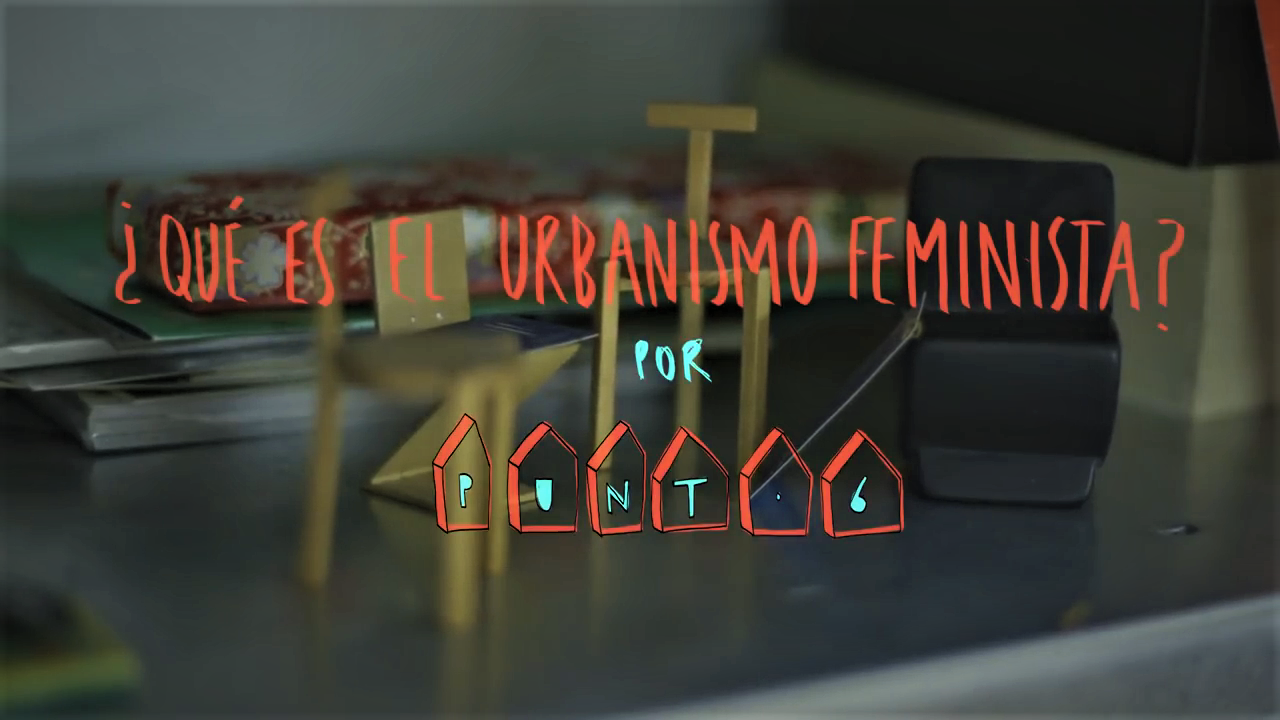
Video. https://www.youtube.com/watch?v=dI4TOCPMMBA
What is feminist urbanism? Urbanism with a gender perspective starts from the premise that urbanism is not neutral and that our cities and our neighborhoods have been shaped by the values of a society that is patriarchal. The physical form of spaces has contributed and contributes to perpetuating and reproducing these values. Faced with this, feminist urbanism proposes to put people’s lives at the center of urban decisions.
Gender or feminist urbanism? We speak of feminist urbanism and not only of urbanism with a gender perspective.Although « gender » is an analytical tool that allows us to make visible the differences in the uses of spaces owing to the fact that women and have tasks, stereotypes and roles attributed to them, we go one step further and analyze how these gender roles influence and have direct implications in urban decisions. We are committed to transforming society by rethinking spaces, because we believe that spaces also contribute to shaping realities.
What people are we talking about? We take into account gender diversity but also intersections with other identity variables, such as age, origin, sexual identity, the type of cohabitation unit where one lives in, social class, functional diversity, and so on. We consider how these variables intersect and materialize in the form of privileges and oppressions in the city and in the spaces that are used. For example, it is not the same to live and experience the city as a young boy, adolescent, homosexual, a person of foreign origin, or as an older woman of 80 years who lives alone and has to move with a walker in public space. They are going to live the spaces in a different way because they have different experiences and needs.
Community participation. Feminist urbanism, given the above, incorporates the diversity of people’s experiences and considers that these experiences and needs are essential to introduce into any urban process and project. This information must be introduced through community participation.
Economic logic. Our cities, our neighborhoods and our towns have been thought through an economic logic that has prioritized the movements with private cars, have created large homogeneous areas throughout the territory that has only fed a capitalist system that has formalized the territory and the city in this way.
Everyday life. The spaces that take into account the needs of daily life are the spaces that allow care for oneself and others, foster spaces of exchange and mutual aid and generate community.
What should spaces be like? There is no magic formula to know how spaces should be from this perspective because it cannot be replicated exactly, rather we have to accommodate each territorial context and each population. However, we can speak of five urban qualities:
- Allows everything to be close to home, on foot or by public transport.
- Allows you to find equipment, shops, public transport varied regardless of your age, your origin, your functional diversity, your type of family, your dependencies.
- Is related to universal accessibility and especially to the perception of security with which you can use the spaces safely, freely and at any time of day.
- It gives life spaces in the street so that we can socialize, find each other, ask for help if we need it, and be safer.
- Is related to participation in urban decisions, how your neighborhood should be, but also its history; collective memory should be taken into account so that the history of women and all our contributions to society should be made visible.
[i]Col·lectiuPunt 6 (Collective Point 6) is a cooperative of architects, sociologists and urban planners of different origins with more than 10 years of local, national and international experience.


